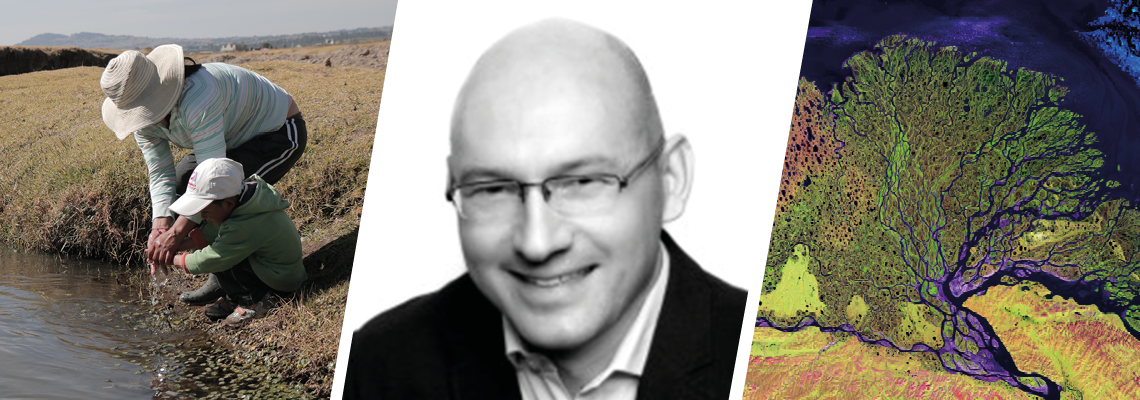VIDEO: Water recycling key to PepsiCo’s 2030 ambitions – David Grant
Food & beverage giant PepsiCo's has set out to be "Net Water Positive" by 2030. Tom Freyberg speaks to David Grant about how water recycling will play a key role.
Water is critical
As food and beverage multinationals go, you could say PepsiCo is sizeable.
To give some perspective, the company behind Walkers crisps, Quaker oats, Starbucks, and its flagship Pepsi drink operates in over 200 countries or territories.
In 2020, the company achieved $70bn in net revenue, including 23 brands generating over $1 billion in revenue per year.
Such colossal figures are as equally impressive as they are mind-boggling. Many companies strive to reach the one billion turnover figure, yet PepsiCo has built or acquired over 20 of them.
Yet, without water, none of this would be possible.
As a critical ingredient to make soft drinks or an agricultural irrigation necessity to grow potatoes and make crisps, there would be products for the multinational without water.
So you could say the company, especially at this scale, needs to take this essential element seriously.
Water stress is getting worse
Stepping up to this task of overseeing water for the entire operation is David Grant, the sustainability director for global water stewardship at PepsiCo.
In an exclusive interview with Aquatech Online, he discussed the need for science-based targets, how manufacturing innovations are driving down water use and the need to keep pushing on water recycling efforts.
He also discussed the company-wide target to improve operational water-use by 2025. “If you look at where we are in terms of water stress across the globe, it’s getting worse,” he said.
A summary of the video interview can be found below:
The interview coincided with an announcement by the food & beverage giant to become “Net Water Positive” by 2030. By the end of the decade, the corporation aims to replenish more water than it currently uses into local watersheds in high-water-risk areas.
Water recycling and MBR technologies
Discussing water technologies, Grant said an interesting technology where PepsiCo is investing significant money is membrane bioreactors (MBR).
“That's the technology we're trying to roll out across multiple operations to drive down water consumption. It's taken off in our Latin American operations,” he said.
“That's where we're seeing it is really expanding and slowly into other parts of the business, and in Latin America alone now between 2019 and 2020 they reduce their consumption by 20 per cent. And then if you take it from 2015, it's a 40 per cent reduction in water consumption.”
He added that in a local context, circularity is very important.
“We look at every opportunity to recover and reuse water back into the process to help reduce our reliance on freshwater.”
Referencing a facility in Veracruz, Mexico, he added: “They're taking the by-products of one of our franchise operations in the city, taking that water, treating it to potable water standards and then reusing it within our operation."
Joining the 2030 water positive club
PepsiCo’s announcement follows others setting out water positive ambitions by the end of the decade.
In early 2019, computer chip giant Intel laid out plans to be water positive by 2030.
Computer giant Microsoft announced last year that it plans to become water positive by 2030 by replenishing more water than it consumes globally.
Nestlé Waters will invest $130 million into over 100 projects to restore local water cycles to become water positive.
Meanwhile, French beauty product giant L’Oréal said it would recycle and reuse 100 per cent of the water used in its industrial processes by 2030.
Related content
Loading component...
We promise never to send you spam and you can unsubscribe at any time!
